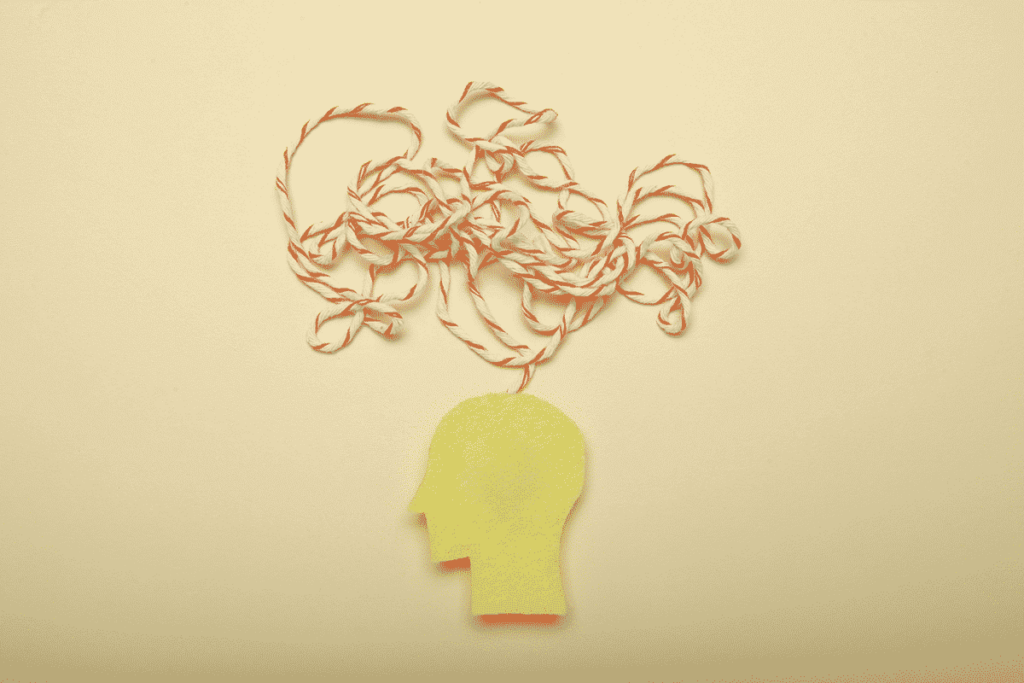Attention Deficit with Hyperactivity Disorder (ADHD) is most associated with diagnosis in children, but adults often have the condition that has gone undiagnosed throughout their childhood. To be diagnosed with ADHD, you need an evaluation by a psychiatrist. If you have many of the following symptoms of Attention Deficit with Hyperactivity Disorder, you should talk to your family physician about a referral to a local psychiatrist for an evaluation. If that isn’t an option, you can do an internet search for “psychiatrist near me,” and read reviews before making an appointment.
ADHD symptoms look different in adults than they do in children. One primary reason for the difference is that adults have a lifetime to develop coping skills for the condition. Adults have learned about what is socially acceptable and often work hard to compensate for the challenges of ADHD even if they don’t realize they have the condition. Symptoms can reduce as a person ages, but some adults may have symptoms that interfere with their daily life. Hyperactivity may be reduced, but it is often replaced by difficulty paying attention, impulsiveness, and restlessness. The symptoms can range from barely noticeable to more severe.
Adults with undiagnosed and untreated ADHD may struggle with everyday tasks and find it challenging to prioritize. The difficulties with focus and priorities can lead to missed deadlines and forgotten engagements and meetings. The adult with untreated ADHD may seem unreliable, but instead, they are facing a genuine struggle with their thought process that makes it hard for them to meet societal expectations consistently.
Symptoms of ADHD in adults include:
Impulsiveness
If you find yourself continually making last-minute changes in plans, or deciding to do things that you later regret, you may be struggling with impulse control.
Poor time management skills
This can look like irresponsibility. If you find that you have every intention of completing your obligations, but “time gets away from you,” then it might be ADHD.
Disorganization and problems prioritizing
Is your desk or workspace a disaster? When you have five things to do in a day, is it difficult for you to decide which of those things are most important?
Problems with focusing on a task
This can take many different forms, as adults and children with ADHD are often capable of hyper-focusing when they are absorbed in a task. However, if you struggle to keep the focus on an important task that doesn’t interest you, it could be a symptom.
Trouble multitasking
All adults have to multitask to some degree. With ADHD, you will routinely find it difficult to do more than one thing at a time without feeling overwhelmed.
Excessive activity
Are you often accused of biting off more than you can chew?
Restlessness
Do you find it challenging to spend time in one place? Do you have a compulsive need to move around? Would others describe you as restless or fidgety?
Low frustration tolerance
Do little things get to you daily? Do you spend a great deal of time frustrated by seemingly insignificant things such as traffic, or certain noises? If simple tasks like waiting in line cause you excessive frustration, this could be a symptom.
Frequent mood swings
Do you have many highs and lows during the day?
Problems with following through and completing tasks
If you struggle to follow through with your commitments or complete tasks, even when you want to, then it creates a problem in day-to-day life.
Easily angered
Do you have problems controlling your temper? Would others refer to you as a hothead?
Most people will experience some symptoms of ADHD at times, but they come and go. If your difficulties occur only occasionally, then you probably do not have ADHD. Those diagnosed with ADHD have symptoms that routinely interfere with their daily life, and the problem can be traced back to childhood. The symptoms are persistent and disruptive. If you are experiencing any of the above symptoms, and they routinely disrupt your life, then it is time to talk to your family doctor or a psychiatrist about formal testing for ADHD. Many mood disorders can overlap symptoms of ADHD, so proper screening is necessary.



